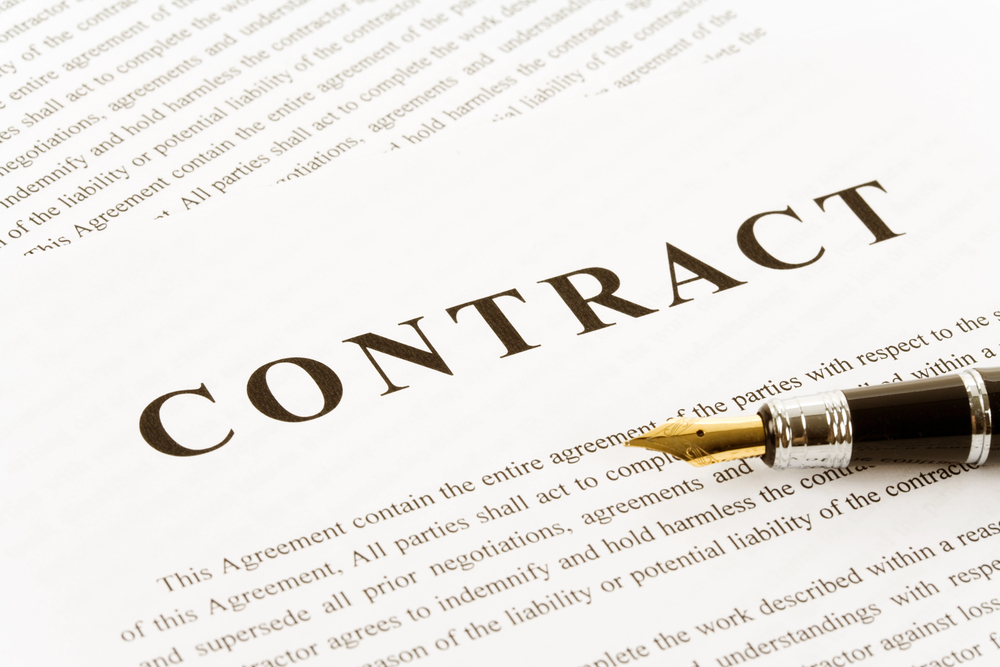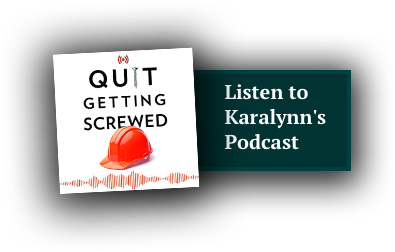With the surge of the COVID-19 Delta variant among us, new protocols are being put into place for employees nationwide. We wanted to help bring some clarity on who needs to get a COVID vaccine under the new rules put in place by President Biden, and more specifically, who in the construction industry needs to be vaccinated in the workplace. We’ll give you detailed answers to the question “Does everyone in my construction company need to be vaccinated?”
Who needs to get the COVID vaccine?
If you are in the construction industry, your entire workforce will need to be vaccinated if you meet either of the below criteria:
- You have more than 100 employees; or
- Your company does business with the federal government.
If your company has more than 100 employees, all employees must be vaccinated or have a weekly COVID test. In addition, if your company is in the over 100 employees’ group, you need to pay each of your employees for the time it takes them to get the COVID vaccine and recover. If your employee chooses to go the route of getting tested weekly, you are not required to pay for their time off to get tested each week.
If your company does business with the federal government, all employees must be vaccinated; there is no weekly testing option for this group. For example, this includes contractors that are working on federal projects such as postal offices, bridges and highways, medical buildings, education buildings, etc…
A common question we are hearing is whether or not there is an easy way for subcontractors or material suppliers farther down the chain to know whether or not this may apply to them, or does it only apply to those directly contracted with the federal government?
As the law has not been written yet, we can only assume from the press release that the law itself will only apply to those companies who directly contract with the government. But, if the government puts in its contract with the Place 1 contractor (the Prime contractor) that all their employees are required to be vaccinated, then any subcontract that incorporates the terms of the prime contract must require their employees to be vaccinated, as well. If the subcontractor and their employees are not vaccinated, they would be in breach of the contract.
The bottom line
If you are a subcontractor on a federal project, you will be in breach of your contract if all of your employees are not vaccinated.
Other Frequently Asked Questions
How do I handle an employee claiming religious exemptions?
The religious exemption will apply to a company with more than 100 employees, but not for the group working for the federal government.
The EEOC states: Because the definition of religion is broad and protects beliefs, observances, and practices with which the employer may be unfamiliar, the employer should ordinarily assume that an employee’s request for religious accommodation is based on a sincerely held religious belief. If, however, an employee requests a religious accommodation, and an employer has an objective basis for questioning either the religious nature or the sincerity of a particular belief, observance, or practice, the employer would be justified in seeking additional supporting information.
Employers can investigate the validity of the belief and determine if an exemption is justified. If an employer grants a religious exemption for an employee, the new rule will most likely require the unvaccinated employee to be COVID tested weekly, engage in social distancing, and wear a mask.
What if an employee refuses to get a COVID vaccine and I have to fire them?
If your company falls under either the Biden Administration’s order of mandatory vaccination or you choose to enforce that policy on your own, provide a reasonable date in the future by which your employees must receive a COVID vaccine or follow the timeline in the Presidential order. When you disperse this new policy, make sure you inform your workers that termination will be the consequence of failure to comply.
While we don’t have a clear answer on this, if your employee refuses to get a COVID vaccine, you are within your rights to fire him or her. A Houston federal court has already dismissed an employee’s wrongful termination case on this same issue. It would be best to document in the termination paperwork that your employee was offered ample time to get vaccinated and failed to do so, resulting in termination. If you fail to comply with Biden’s order, the risks are high — at nearly $14,000 per non-vaccinated individual.
Stay up to date on regulations
Let us help you with your COVID-19 safety plans. Stay up to date on all regulations and changes that could directly affect your company by contacting us today.
Current OSHA COVID-19 Guidelines
Whether or not the new COVID vaccine mandate applies to your company, you should be following the current OSHA COVID-19 guidelines in the meantime. Currently, OSHA requires employers to conduct a COVID-19 hazard assessment to identify the risk of an employee being exposed to COVID-19 and come up with a safety plan to reduce that risk. An employer should consider the following things when performing the assessment and keep a written record of:
- Specific risks or hazards of exposure
- A written plan on how to reduce these risks
- The date the assessment was performed
- The names and titles of the people who performed the assessment
- A description of the action plan
- How to reduce the risk of exposure
- High-risk areas, tasks, and occupations
- The communication of the plans to the employees affected by the plan
- The date on which the action plan is to be completed
There needs to be a written record of all of the items listed above to comply with these current requirements. At the end of the day, you need to have a written COVID-19 safety plan that is based on your specific business.
Conclusion
Working in the construction industry, you should have two COVID-19 safety plans. This includes one for your employees in the office, and one for your employees and/or subcontractors in the field. If you would like us to draft one specifically for your business, don’t hesitate to reach out. We are here to help you build a better business and that starts with protecting your workforce and your business from the start.
Don’t wait until it’s too late. Stay up to date on all regulations and changes that could directly affect your company by contacting us today. Learn everything you need to know at our OSHA webinar on Thursday, October 14, at 12:00 pm CST. We will cover these updates and deep dive into everything that is expected of you to provide a healthy work environment for your employees. RSVP today!




